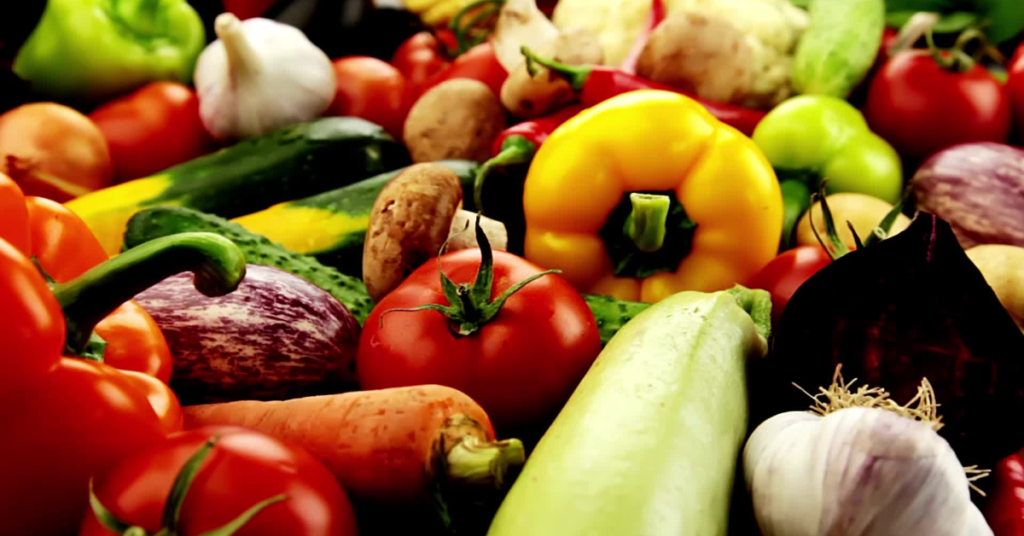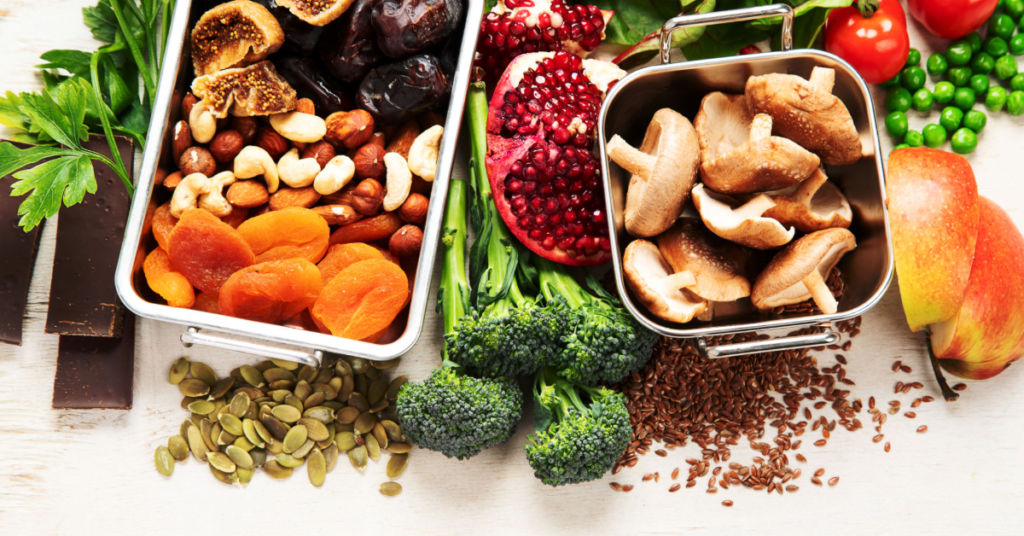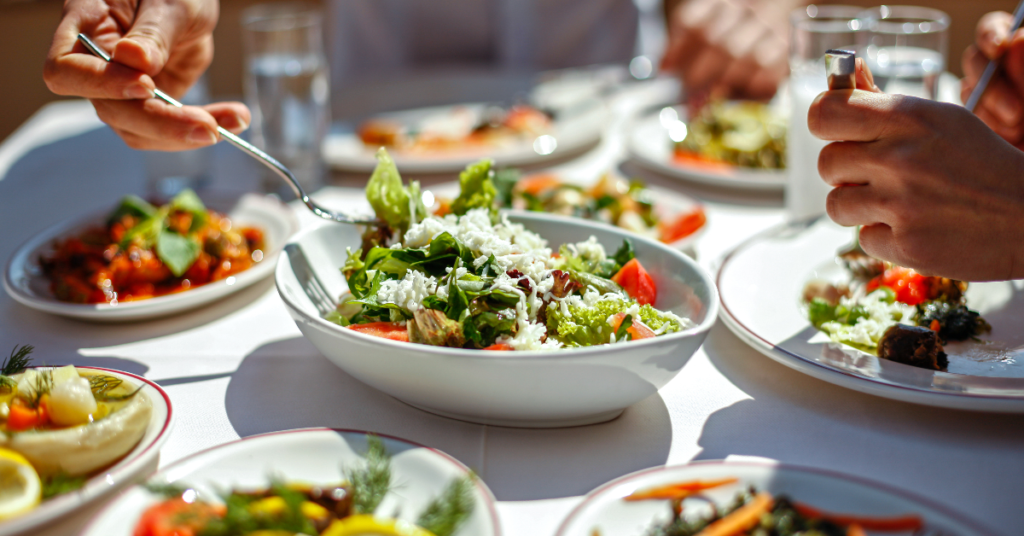Anemia is a common condition that affects millions of women in the United States, significantly impacting energy levels, productivity, and overall health. From young women navigating menstruation to pregnant women and older adults, anemia can manifest during different life stages, often requiring personalized solutions. While medical treatments are essential in some cases, natural remedies and dietary strategies can also play a significant role in managing and preventing anemia.
In this article, we’ll explore the causes of anemia, natural remedies, dietary strategies, and lifestyle changes to help women of all ages support their health.

I. Causes of Anemia in Women
Understanding the causes of anemia is the first step toward effectively addressing it.
A. Iron Deficiency in Women: The Root Cause of Anemia
Iron deficiency is the most common cause of anemia among women.
- Menstruation and Heavy Periods: Monthly blood loss can deplete iron stores, particularly in women with heavy periods. Learn more about natural remedies for period pain to reduce discomfort and associated complications.
- Pregnancy: During pregnancy, a woman’s body requires extra iron to support the growing baby and increased blood volume. Without enough iron, anemia may develop, causing symptoms like weakness and shortness of breath.
- Poor Dietary Habits: Many women in the U.S. consume diets low in iron-rich foods, which, over time, can lead to deficiencies and anemia.
B. Vitamin Deficiency and Anemia
Vitamins also play a vital role in producing healthy red blood cells.
- Vitamin B12: Found in animal products, this vitamin is crucial for red blood cell production. Unfortunately, deficiency is more common in vegetarians or older adults who may struggle with absorption. The NIH provides a detailed guide on Vitamin B12 requirements.
- Folate: Essential for cell growth, folate is particularly important during pregnancy. Inadequate folate levels can, therefore, contribute to anemia.
- Vitamin C: While not a direct cause of anemia, Vitamin C deficiency can impair iron absorption, making it more difficult for your body to utilize the iron in your diet.
C. Lifestyle and Health Risks
In addition to iron and vitamin deficiencies, other factors can increase the risk of anemia.
- Chronic Conditions: Autoimmune diseases, kidney disorders, or gastrointestinal issues like Crohn’s disease can interfere with nutrient absorption, making anemia more likely.
- Age-Related Changes: Postmenopausal women often face reduced nutrient absorption, which increases the risk of anemia as they age.
- Lifestyle Factors: Stress, excessive caffeine intake, and restrictive diets can also play a role in anemia by depleting essential nutrients.
II. Natural Remedies for Anemia in Women
Once you understand the causes of anemia, it’s easier to focus on natural remedies that can help.

A. Iron-Rich Foods for Women
Iron is essential for red blood cell production, so incorporating iron-rich foods into your diet is a great place to start.
- Leafy Greens: Spinach, kale, and Swiss chard are excellent plant-based sources of iron. However, pairing them with Vitamin C sources like lemon juice can enhance absorption. The USDA offers a helpful nutrient database for checking iron levels in foods.
- Legumes: Lentils, chickpeas, and black beans are rich in non-heme iron, which is ideal for vegetarians.
- Animal Sources: Lean red meat, organ meats (like liver), and fish provide heme iron, which your body absorbs more easily than plant-based sources.
B. Essential Vitamins for Anemia
Including foods rich in key vitamins is equally important for addressing deficiencies and supporting iron absorption.
- Vitamin B12: Eggs, dairy products, and fortified cereals are excellent sources that can help prevent deficiency.
- Folate: Found in avocados, oranges, and fortified grains, folate is especially essential for women of reproductive age.
- Vitamin C: Citrus fruits, strawberries, and bell peppers not only support immunity but also enhance iron absorption when consumed with iron-rich foods.
C. Herbal Supplements for Relief
Herbs and natural supplements can complement dietary changes and provide additional support.
- Spirulina: This nutrient-dense algae is rich in iron and other vitamins, making it a popular choice for anemia management.
- Nettle Leaf: Known for its high iron content, nettle leaf tea is a traditional remedy that can boost iron levels naturally.
- Yellow Dock: Often used in herbal medicine, this herb may improve digestion and iron absorption.
D. Age-Specific Anemia Solutions
Since anemia affects women differently based on their stage of life, tailored recommendations are key.
- Pregnant Women: Focus on prenatal vitamins containing iron and folate, along with iron-rich meals, to meet increased nutrient demands.
- Postmenopausal Women: Consider sublingual Vitamin B12 supplements or fortified foods to address absorption challenges common in older adults.
III. Diet Strategies for Anemia
Although natural remedies are vital, following specific diet strategies can make a noticeable difference in anemia management.

A. Balanced Eating for Women
A well-rounded diet is the foundation of anemia prevention and management.
- First, include colorful fruits, vegetables, whole grains, and lean proteins in your meals.
- Next, minimize processed foods, which often lack essential nutrients needed to combat anemia.
- Additionally, stay hydrated by drinking water and herbal teas, as hydration supports digestion and nutrient absorption.
B. Food Pairing for Iron Absorption
Certain food combinations can optimize nutrient uptake and prevent deficiencies.
- Iron + Vitamin C: Enhance iron absorption by pairing spinach with lemon juice or adding bell peppers to your meals.
- Avoid Calcium with Iron: Calcium competes with iron for absorption, so avoid drinking milk or eating cheese with iron-rich meals.
- Cook in Cast Iron Cookware: Cooking in cast iron pots and pans can naturally increase the iron content of your food, making it easier to meet daily requirements.
C. Customized Diets by Age
- Pregnant Women: Eat small, nutrient-dense meals to combat morning sickness while meeting nutritional needs.
- Postmenopausal Women: Focus on plant-based iron sources, which may reduce inflammation and oxidative stress.
- Young Women: Incorporate iron-rich snacks like trail mix with dried fruits and seeds to meet increased demands due to menstruation.
IV. Lifestyle Changes for Anemia
While diet is important, lifestyle changes are equally crucial for managing anemia effectively.

A. Exercise and Anemia Recovery
Staying active can improve overall health and support oxygen circulation.
- For example, aerobic activities like walking, swimming, or light cycling can boost energy levels.
- Strength training helps build muscle, which improves oxygen delivery and stamina.
- Additionally, yoga and stretching reduce stress while supporting circulation.
B. Managing Stress for Better Health
Chronic stress can impair nutrient absorption and overall health, making anemia harder to manage.
- Practice mindfulness or meditation to relax your body and mind.
- Prioritize sleep by aiming for 7–8 hours per night, which promotes recovery and overall wellness.
- Furthermore, seek support from friends, family, or a therapist if stress becomes overwhelming.
C. Lifestyle Tips for Every Stage
- Pregnant Women: Focus on self-care, including adequate rest and light exercises like prenatal yoga.
- Older Women: Choose low-impact activities, such as tai chi or water aerobics, to maintain mobility and prevent falls.
In conclusion, anemia is a manageable condition that can significantly impact women’s quality of life if left unaddressed. By understanding the causes, incorporating iron- and vitamin-rich foods, and adopting practical diet and lifestyle strategies, women of all ages can improve their energy levels and overall health.
Finally, while natural remedies and diet changes are powerful tools, it’s essential to consult a healthcare provider for personalized advice, particularly during pregnancy or if you suspect an underlying condition. By taking these steps, you can empower yourself to take charge of your health and make anemia a thing of the past.



